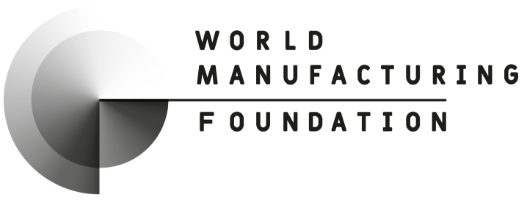

Rethinking Policies: Fiscal and Monetary Responses to the Pandemic
- Manufacturing Platform
- Rethinking Policies: Fiscal and Monetary Responses to the Pandemic
Rethinking Policies: Fiscal and Monetary Responses to the Pandemic
Massimiliano Serati
Associate Professor of Economic Policy
Università LIUC – Carlo Cattaneo
Andrea Venegoni
Assistant Professor of Economic Policy
Università LIUC – Carlo Cattaneo
The peculiarity of the post-pandemic crisis we are experiencing is that, unlike what happened during previous global economic crises, the political response this time cannot be limited to defining actions to stimulate the economic recovery but has to target the systemic soundness and resilience.
This is because the Covid-19 shock has hit directly the supply side, affecting production processes and questioning the viability of actual supply chain and competitive approaches, and it did so in a time in which the socio-economic ecosystem already sees other threatening disruption factors on the horizon (primarily the impact of technologies and automation, but also the aging of the population in advanced countries and the climate change) which are bound to have significant economic impacts and cannot be excluded from the policy agenda.
The aim of this work is to examine and evaluate the policy measures that can best address the needs and challenges industrial ecosystems will have to face in the so-called “new normal” and beyond.
In particular, the analysis will focus on the policy approach required to ensure and boost the competitiveness and evolution of manufacturing value chains worldwide, identifying the challenges ahead, the possible strategies that firms can implement to face them and the actions policymakers have to design to support the industrial system in this process.
Given the “global” perspective of the project, our work aims to set broad guidelines not targeted to a single country/region but that can be extensively applicable when adapted to a specific context.
In order to reach our goal and try to describe how policymakers have to deal with the crisis we had to employ a comprehensive and forward-looking approach which roots on the basics of the scenario analysis.
More specifically, our work tracks the following steps:
- Outline the economic and competitive framework in which the pandemic crisis has struck;
- Describe the short run effects of the pandemic, focusing on how economic policies have responded to them and on how such actions are bound to affect the business cycle;
- Identify the main forces that are driving the change in manufacturing, which factors may affect their evolution and how their interaction is bound to shape the future competitive playing field;
- Analyze which opportunities and challenges the evolving scenarios will pose to manufacturing firms;
- Finally, proposing possible policy strategies and interventions to address these issues and drive the change.
As a result, our work aims at listing all the critical dimensions that policymaker have to consider when designing the interventions targeted to prepare the economic systems to the “new normal”, stressing the need to adopt a “high” and forward-looking vision in the conduct of economic policy, according to which interventions are not targeted on single issues/entities but bear always a systemic-oriented view.